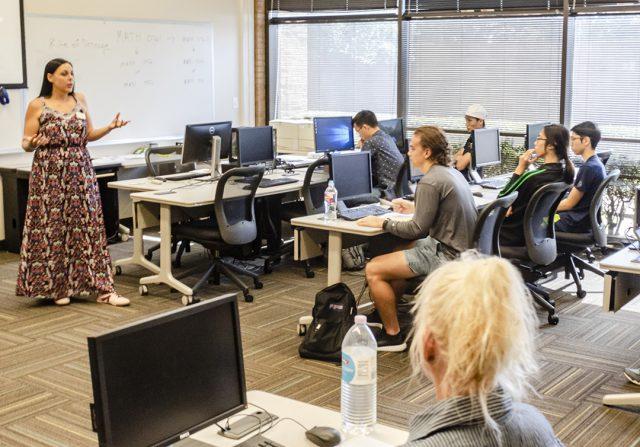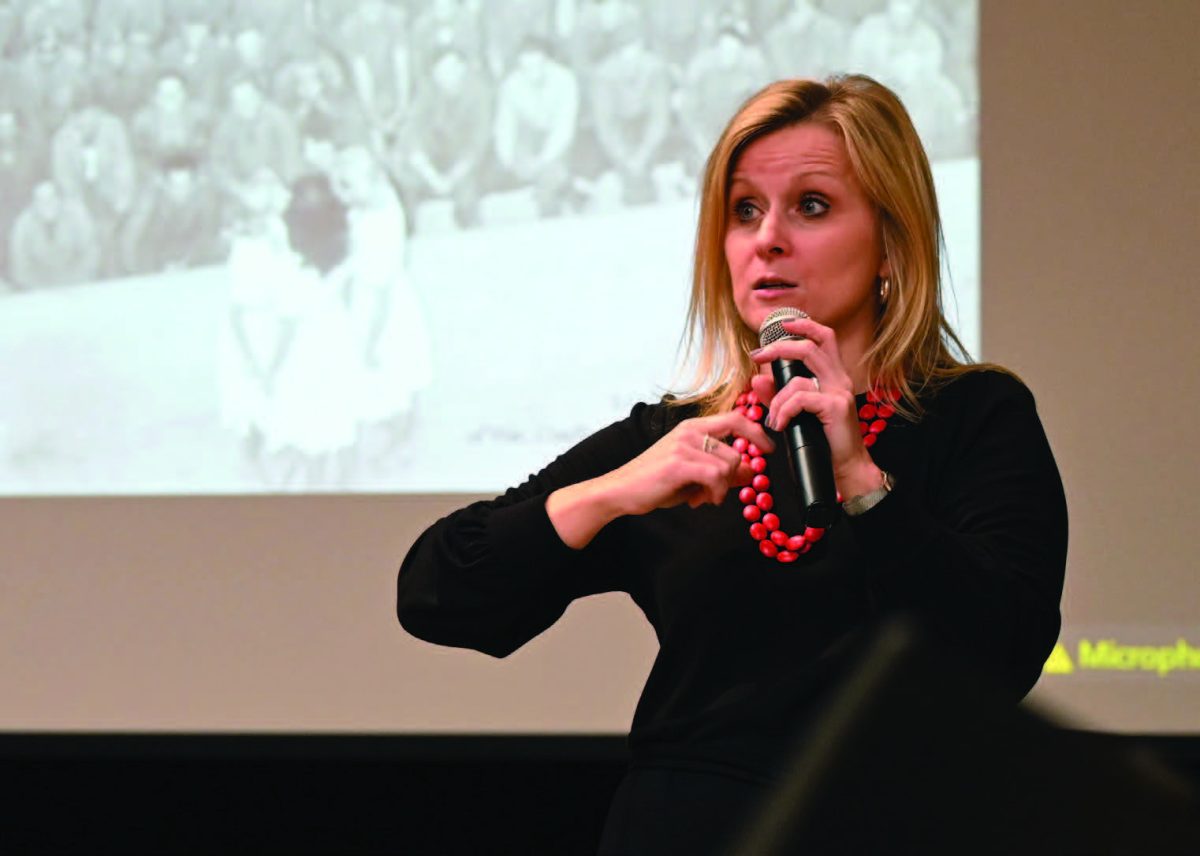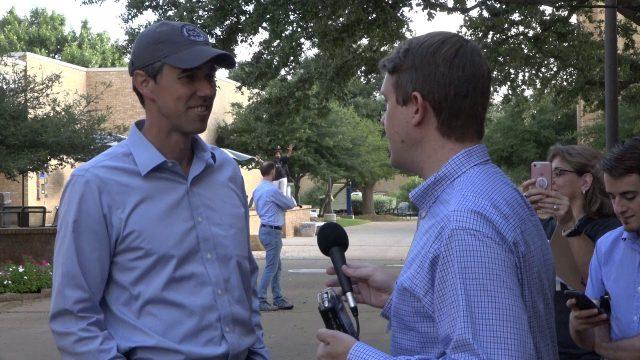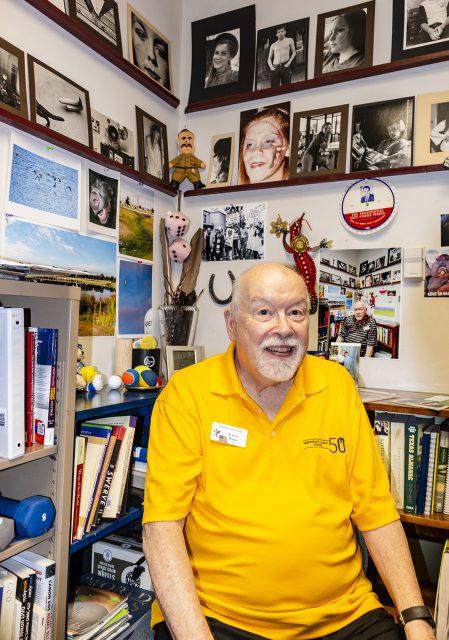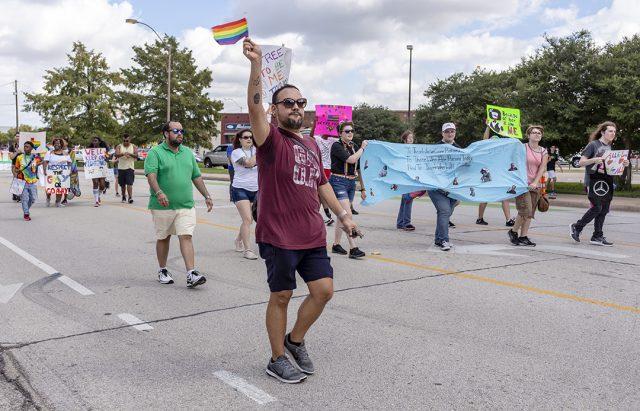By Lynn Caraway/reporter
Writing an impressive scholarship essay can earn big bucks for college, a creative writing instructor told NE students at Pizza with a Purpose Oct. 5.
“A well-written essay could be the defining factor as to whether or not you receive a scholarship,” NE English instructor Amanda Myers said. “Sometimes those essays are the only thing students have that separates them from the rest of the applicants.”
Myers’ number one tip for students was to read the instructions and make sure they understand them before they start writing because many people rush through the process.
Brainstorming was another key component.
“Think and talk through it with others,” Myers said. “Make sure your writing is clear, concise and well-organized.”
She advised students to think outside the box and find a unique topic.
“Provide examples how a degree can help you in your future with a scholarship,” Myers said. “Communicate who you are, how you stand out from the crowd and what you can do with your life. Remember, it’s not an opportunity to tell a long story about your troubled life and how you overcame it.”
Scholarship sponsors look for applicants who can solve problems and show critical-thinking skills, according to Myers. Scholarships exist to reward and encourage achievement.
Students should also give specific examples so colleges will connect with students as individuals, she said.
“They might ask about your goals and aspirations,” Myers said. “Some applications ask you to write about your major field of study to determine how well you know your area of specialization and why you are interested in it.”
Myers stressed “essays take time,” and students may go through many drafts, but it can mean big money for college. Students want colleges to say, “This student is the best candidate I’ve seen all day.”
NE student Amber McCray said the workshop gave her the tools to surpass obstacles in the scholarship process.
“We can overcome things and be inspiring to others,” she said.
NE academic adviser Carolina Saleh said she wanted students to “apply the information they learned at the talk and share with others.”
“We want students to know we care and are here to help them,” Saleh said.


















